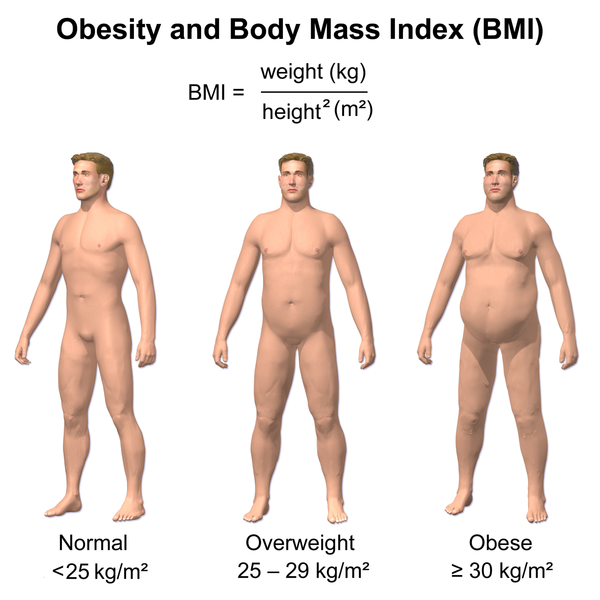
by Gill | Feb 17, 2016 | Natural Facts
Astaxanthin Introduction There are over 400 different members of the carotene family of pigments in nature. Historically, the potency of a carotene in improving human health was based on its ability to be converted to vitamin A. For example, beta-carotene, the pigment...

by Gill | Feb 16, 2016 | Alzheimer's Disease
Introduction: The human brain is a marvelously complex system that requires a wide range of nutrients to function properly. Intelligence, memory, behavior and concentration are all influenced by proper brain nutrition. Young or old, our nutritional status plays a...

by Gill | Feb 10, 2016 | Weight Loss
Introduction: As scientists strive to find answers to the modern epidemic of obesity-related health problems, they are discovering a complex system within the brain that is playing a huge role in fueling the lower quality of life and dramatic rise in...

by Gill | Jan 26, 2016 | Cancer
Introduction: What if some of the large clinical studies assessing the benefits (or risks) of selenium supplementation in cancer prevention have used the wrong form? That looks to be the case as a new study from the University of Miami sheds light on the different...

by Gill | Dec 15, 2015 | Depression, Most Recent
Introduction: Bright light therapy has a proven track record of success in the treatment of seasonal affective disorder (SAD), commonly referred to as the winter blues. A new study from the University of British Columbia shows that this simple and safe therapy is...








